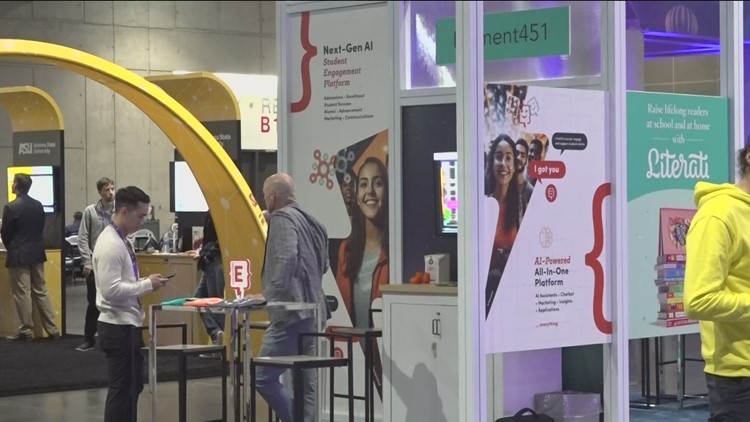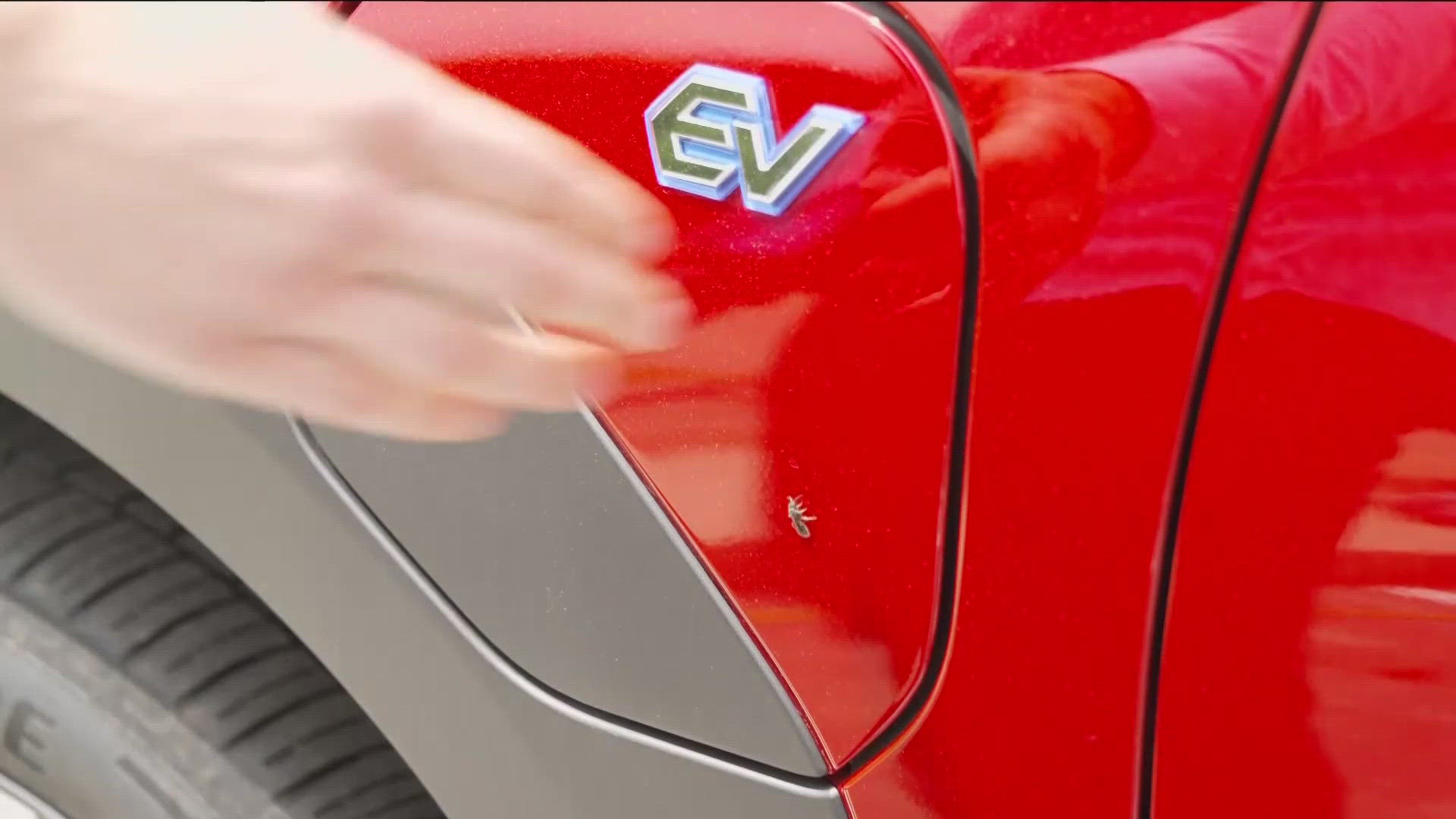California Gov. Gavin Newsom vetoed the most ambitious — and contentious — bill approved by the Legislature this year to regulate artificial intelligence.
The legislation, Senate Bill 1047, would have required testing of AI models to determine whether they would likely lead to mass death, endanger public infrastructure or enable severe cyberattacks.
Newsom in his veto letter criticized the bill for potentially “curtailing the very innovation that fuels advancement in favor of the public good.” He also said it would have needlessly regulated AI used in low-risk situations and that it was written without enough research.
“A California-only approach may well be warranted — especially absent federal action by Congress — but it must be based on empirical evidence and science,” he wrote.
The bill applied only to the costliest AI models, needing $100 million or more to develop, and Newsom objected to that threshold, saying cheaper tech can still be harmful.
The governor wrote that he will work to “find the appropriate path forward, including legislation and regulation” to address AI risks.
Opponents argued that the bill would harm the state economy and AI industry. They included Google, Meta, OpenAI, and eight members of the California congressional delegation. The state Chamber of Commerce praised the veto , saying the legislation would put “California’s place as the global hub of innovation at tremendous risk.”
The bill’s sponsor, San Francisco Democratic Sen. Scott Wiener, called the veto “a missed opportunity for California to once again lead on innovative tech regulation” and protect public safety. His bill’s supporters include 59% of California voters, according to one poll, along with billionaire Elon Musk, the Screen Actors Guild, Service Employees International Union, the National Organization for Women, and whistleblowers who worked at companies that make AI.
One backer, Teri Olle of advocacy group Economic Security California, said a veto by the governor means “we forfeit the opportunity to lead.”
Newsom signed into law this month roughly a dozen other AI bills, including legislation to protect voters from deepfakes and creatives from unauthorized digital replicas of their likenesses. He also signed bills requiring businesses to share information about how they train generative AI models and to help users determine whether media was made by AI.
All told, California lawmakers passed more than 20 bills to regulate artificial intelligence this year.
Speaking in May at a generative AI symposium, Newsom said it’s important to respond to calls for oversight by some AI developers — but also warned that he didn’t want to overregulate an important industry. California is home to 35 of the top 50 AI companies, according to Forbes, and Silicon Valley-based companies receive more AI investment than those in any other region, according to Crunchbase.
People in the industry are not of one mind about SB 1047, with some startups like Anthropic joining whistleblowers in supporting it. That mirrors a debate this year about whether to prohibit the weaponization of robots. A bill to do so was co-sponsored by a leading robot maker, Boston Dynamics. Newsom vetoed the legislation despite that support, saying police needed an exemption.
Newsom’s veto of SB 1047 keeps California from aligning its AI regulation with that of the European Union. An EU representative told CalMatters earlier this year that the union’s AI Act, said to be the most comprehensive such regulation, could be mostly replicated in California if the state enacted SB 1047 as well as a bill that required watermarks on AI-generated imagery and another to protect people from automated discrimination. The latter two bills failed to pass the Legislature.
Regardless of the governor’s decision, the debate over Wiener’s bill got many people engaged with AI policy who are not normally part of that conversation, said Alondra Nelson, former director of the White House Office of Science and Technology Policy.
Nelson was disappointed the bill didn’t address civil rights threats from AI or the need to protect people from AI in the workplace. But she liked its testing requirement, which matched a stipulation in the White House’s Blueprint for an AI Bill of Rights, which Nelson helped craft.
Nelson said she hopes that coalitions formed to support SB 1047 will help advance future AI legislation. San Ramon Democratic Assemblymember Rebecca Bauer-Kahan, who worked with Nelson to draft an unsuccessful bill protecting against AI-fueled discrimination, said she plans to reintroduce a similar bill next year after an AI Civil Rights Act with similar provisions was introduced in Congress this week. She also hopes to see continued work to pass regulations like SB 1047.
“California has been one the of the few places in the U.S. where we are still demonstrating that we can and are willing to govern technology,” she said.
This story was originally published by CalMatters.
WATCH RELATED: UC San Diego researchers use artificial intelligence to help fight opioid addiction



